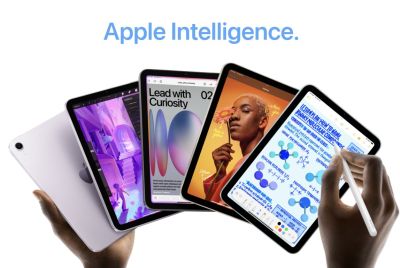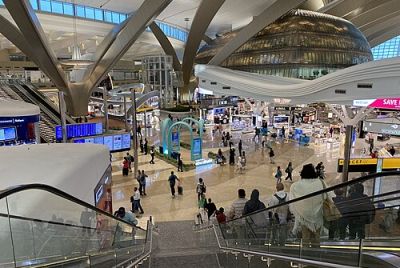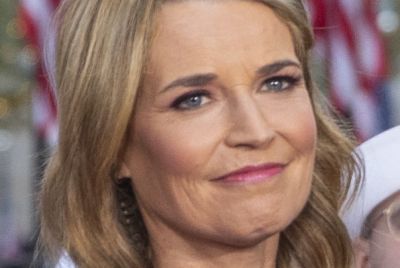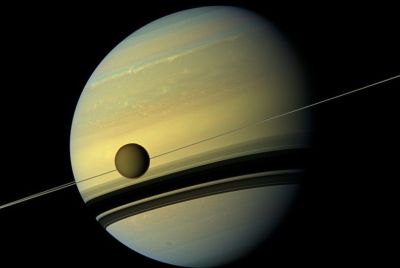Car Sales: Up At Record Levels In June
Once again the core paradox on the consumption side of the Australian economy has been underlined.
Another solid month of car sales in June (more so because June 2009 was boosted by tax benefits from the stimulus package) has raised the question: why are car sales so strong and home sales and retail sales less so.
At the same time, given the downturn in consumer confidence (thanks to three rate rises this year and a weaker share market and the glum news from offshore) car sales should have joined retail sales and home sales in showing signs of this caution among consumers.
But far from it: June was in fact the best June on record, better than the 2007 record.
It's a question the Reserve Bank has pointed to in the minutes of the June meeting and it will no doubt be discussed at today's meeting.
Given that car sales are a major financial commitment (second usually after a house), it's a puzzle.
Sales of new cars reported by the Federal Chamber of Automotive Industries (FCAI) yesterday were 108,722.
That's passenger cars, SUVs and commercial vehicles.
It was up 5.7% (or 5,875 vehicles) on the same month in 2009 with its artificially boosted total, and above the 106,541 reported in June 2008 which was the previous all time high.
"The record June result was a clear demonstration of renewed confidence in the marketplace,'' FCAI chief executive, Andrew McKellar, said in the statement.
He said it was encouraging "to see that private buyers have returned to the market in greater numbers and have taken over the momentum previously attributed to business sales".
The FCAI said that in the first six months of this year, 531,168 vehicles had been sold, up 16.7% on the equivalent period in 2009 (which was depressed by the low figures in the first three months of that year).
The first half of this year is also running ahead of the 2007 figures for the same period.
"Given the stronger than expected state of the market over the past six months, the industry has upgraded its annual sales forecast to in excess of 980,000 units - up from our original forecast of 940,000 sales," Mr McKellar said.
"This is a positive yet cautious outlook for the second half of the year, as we assess the impact of factors on the market such as previous interest rate increases."
Analysis of the figures from Fusion Strategy in Sydney put a slightly different picture on the detail, but supported the headline.
Fusion's Steve Allen said rental sales more than doubled (up 110%) in June from a year ago, Government sales were up 21.7% while private sales were up 20.8%.
Business sales dropped from last June, but that was to be expected given the sales driver last year were the tax breaks for small and medium businesses.
Growth in passenger cars slowed from more than 19% in May to around 8.4% in June.
Sales of sport utility vehicles jumped 30.9% in the first six months of 2010, followed by passenger cars (up 15.8%), heavy commercials (up 8.8%) and light commercials (up 5.8%).
Obviously buyers were not impacted by the relatively high levels of oil and petrol prices during June.
It would seem that with petrol and diesel prices relatively steady for the past few months (thanks to the static world oil price and a dollar in the mid to low 80 USc level) buyers are not as gun shy as they were in 2007 and then in early 2008.
It seems from those figures more buyers want SUVs (sales of which have replaced sales of station wagons in the business and private passenger fleets); Business buyers don't have the same level of confidence or enthusiasm this year to buy new vehicles.
That's probably due to the fact that last year's tax breaks were slanted towards business with the accelerated depreciation offers aimed at medium businesses (which finished last June) and small business (which ended in December).
The FCAI said Toyota retained the largest market share of 20.2%, followed by General Motors Holden with 12.9% and Ford with 9.3%.
Fusion said that some makers had solid growth (some of small volumes) in June and these included Kia, Land Rover, Skoda, Jeep, Citroen; and Honda, Audi, Volkswagen, Nissan and Holden among the bigger selling names.
Mitsubishi and Hyundai both saw sales growth slow and Great Wall of China has cut priced itself into growth with sales which were better than Isuzu, according to Fusion.





















